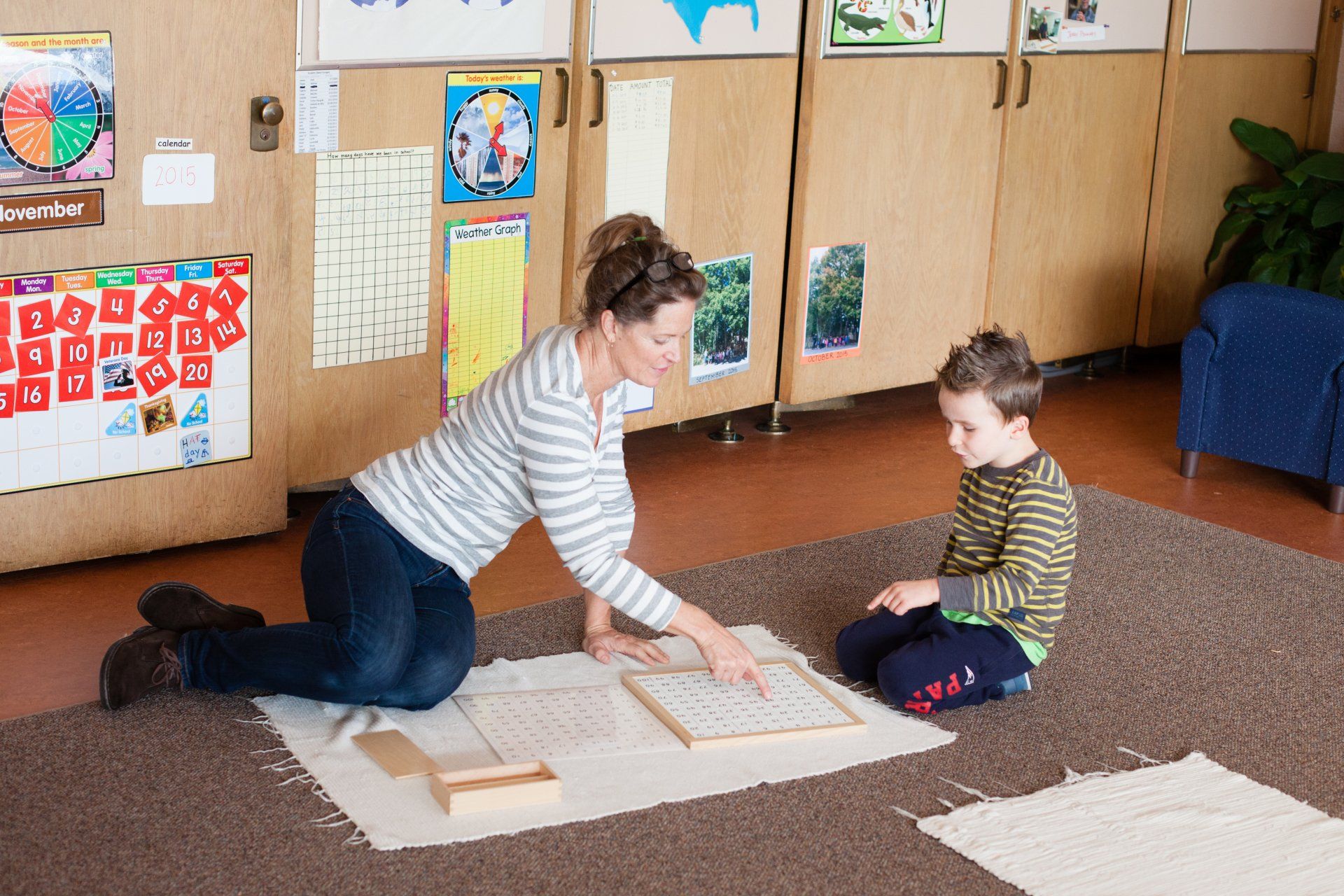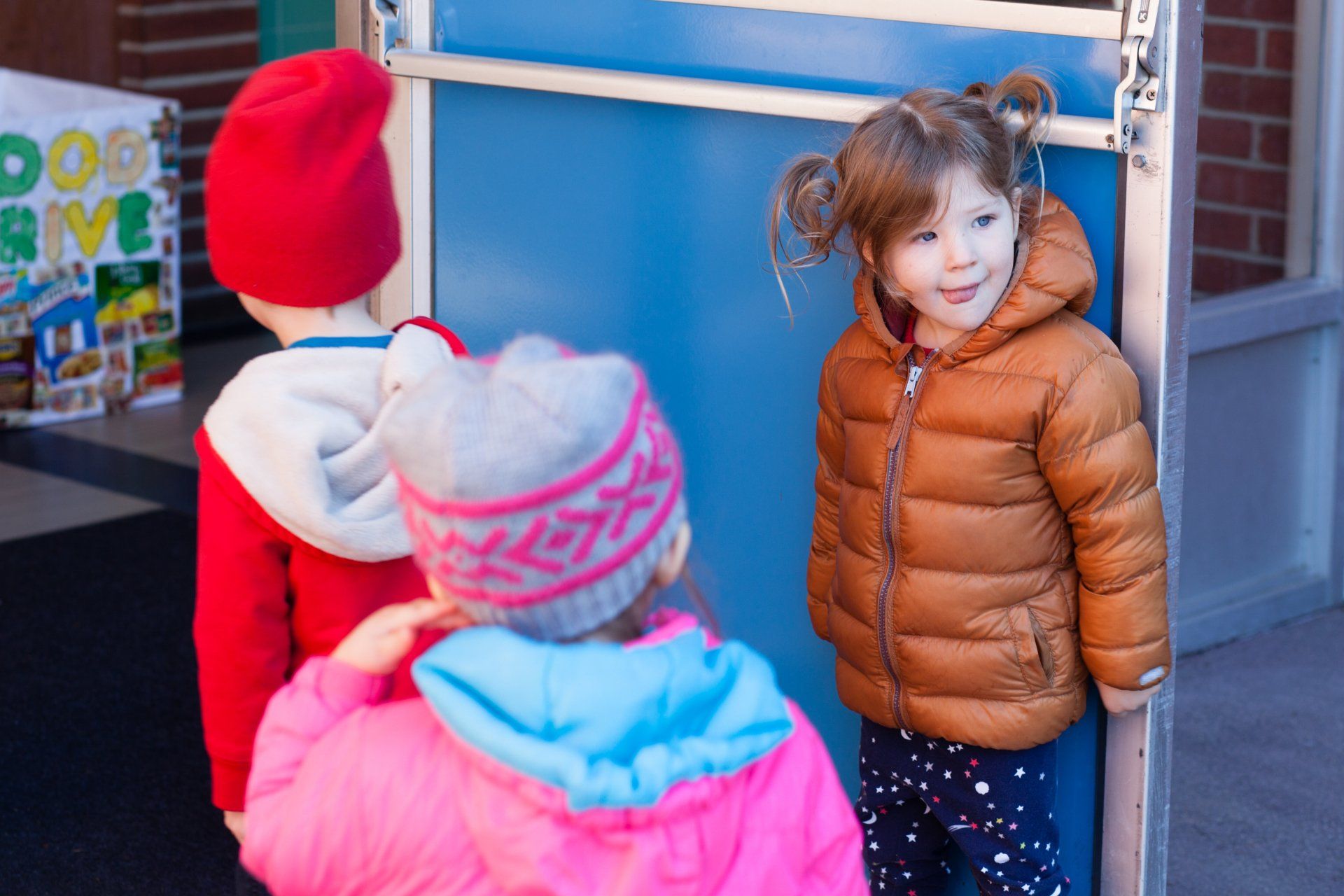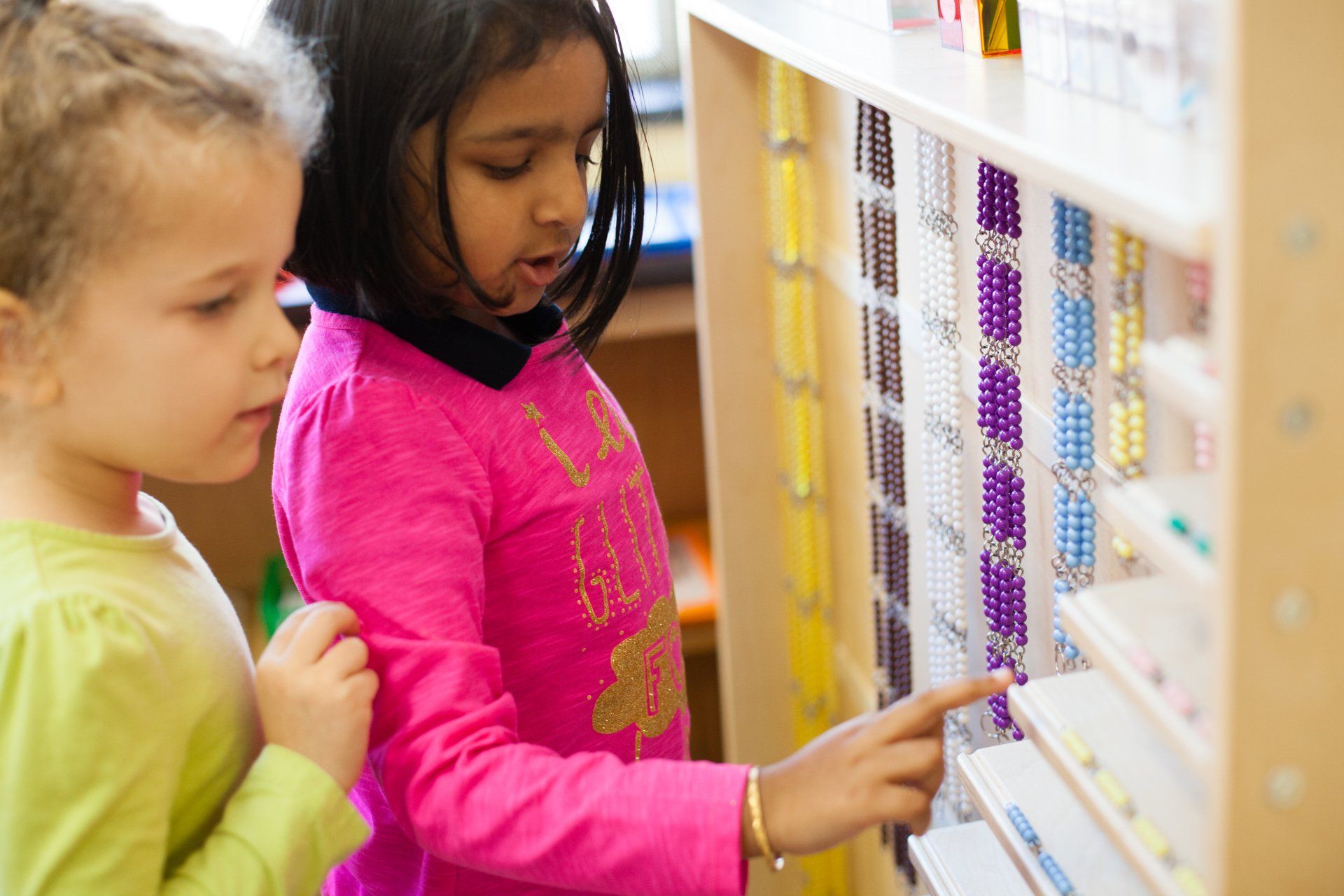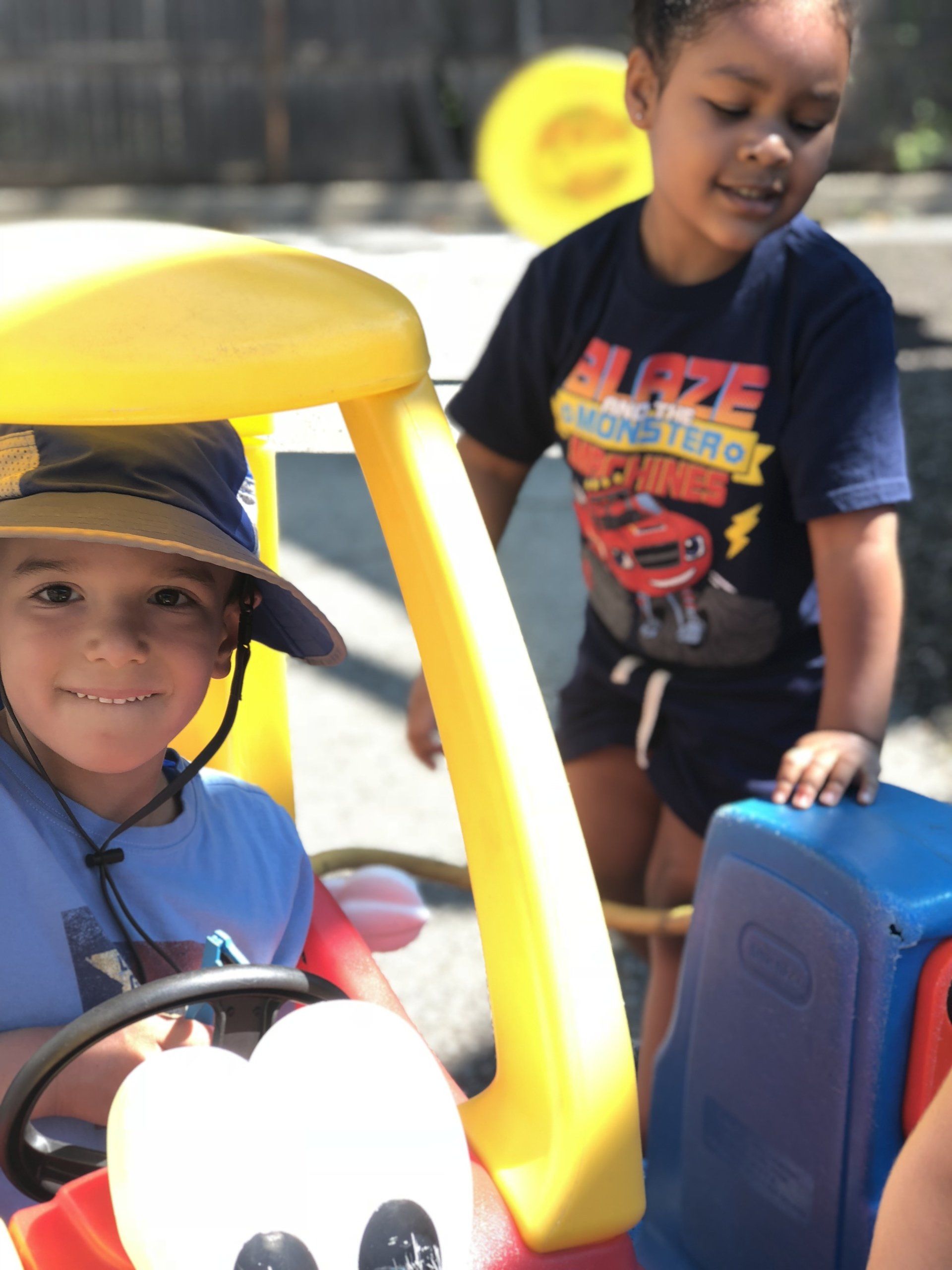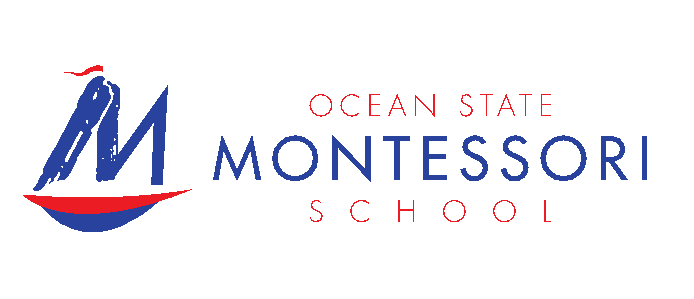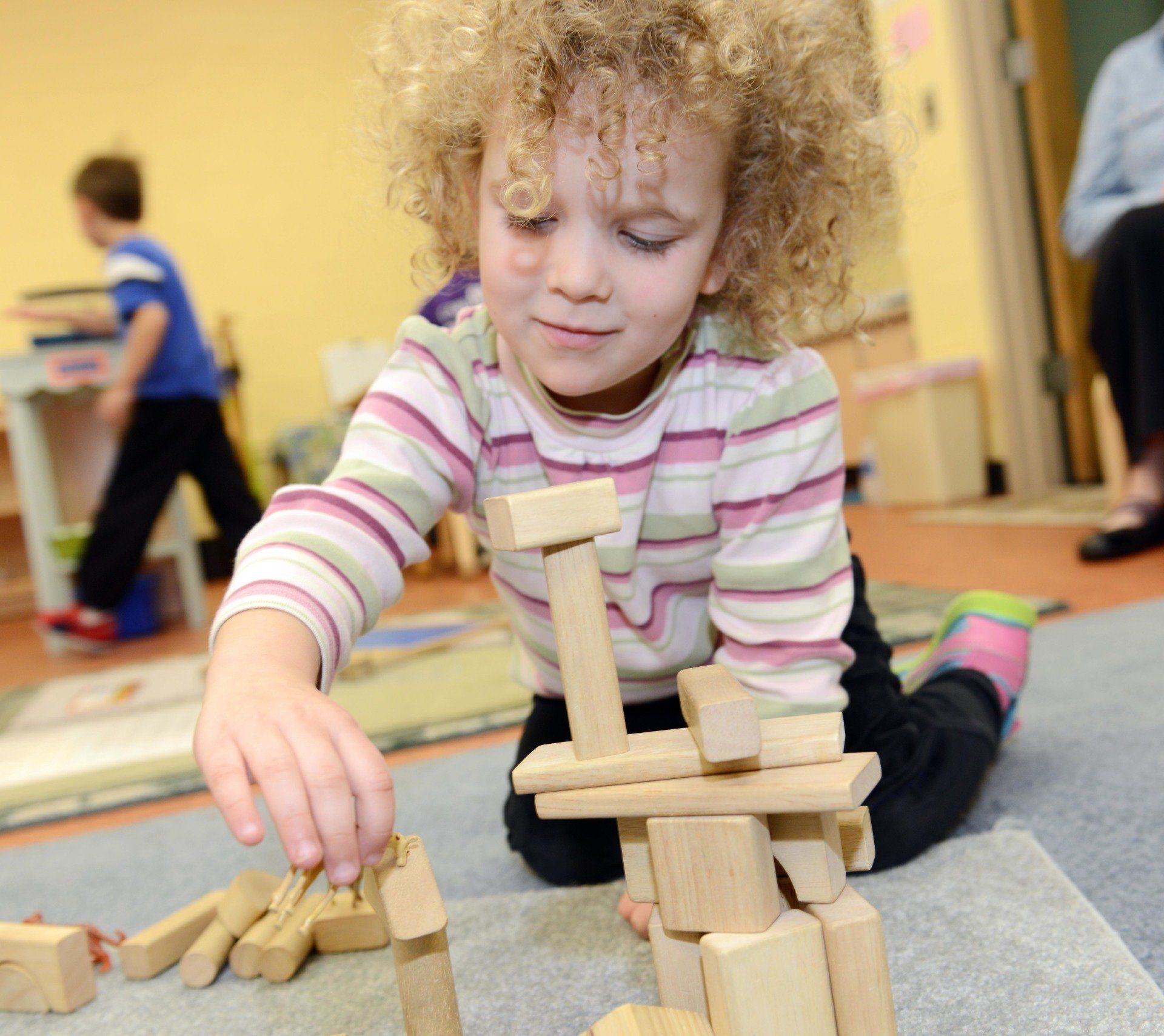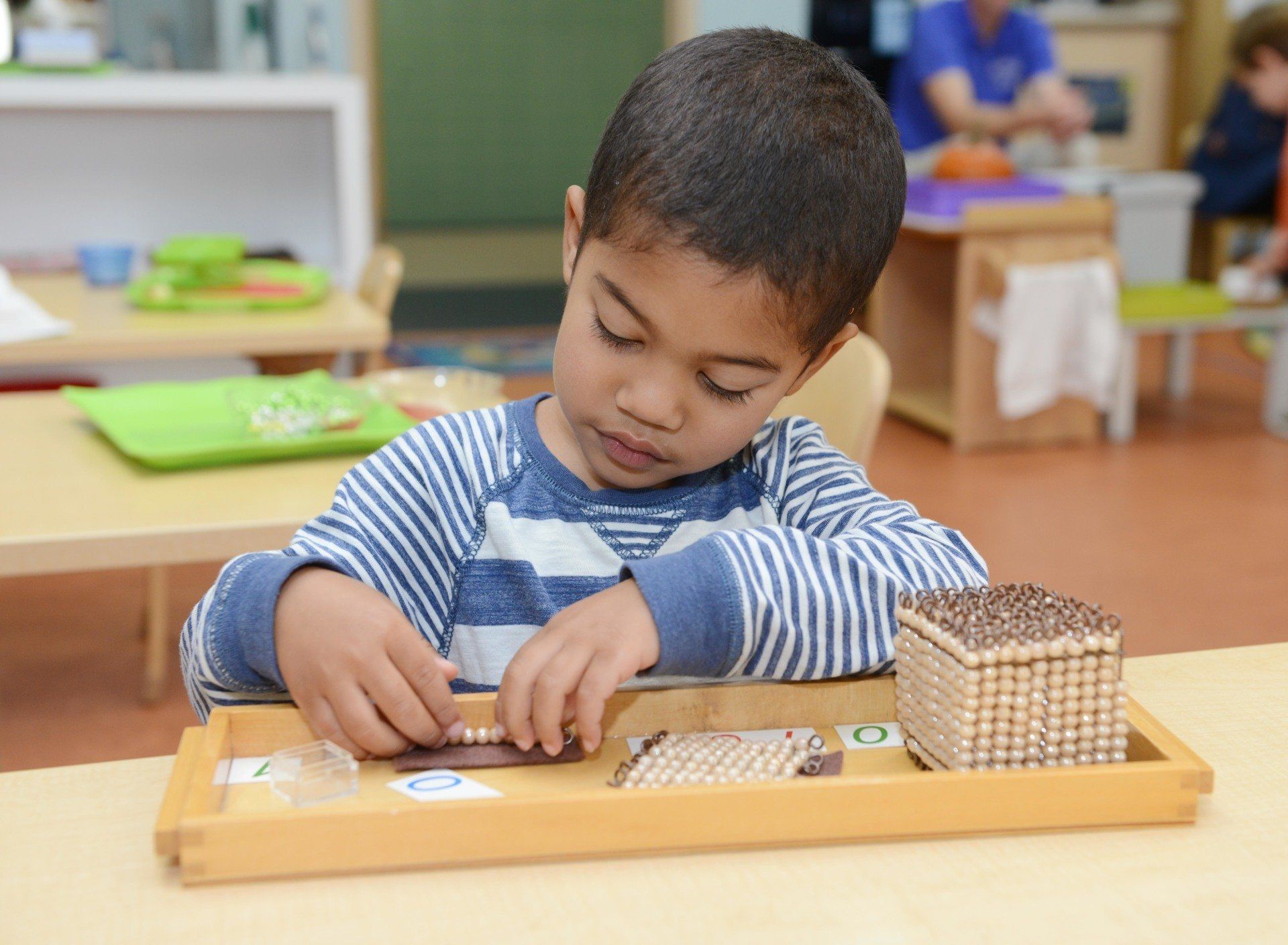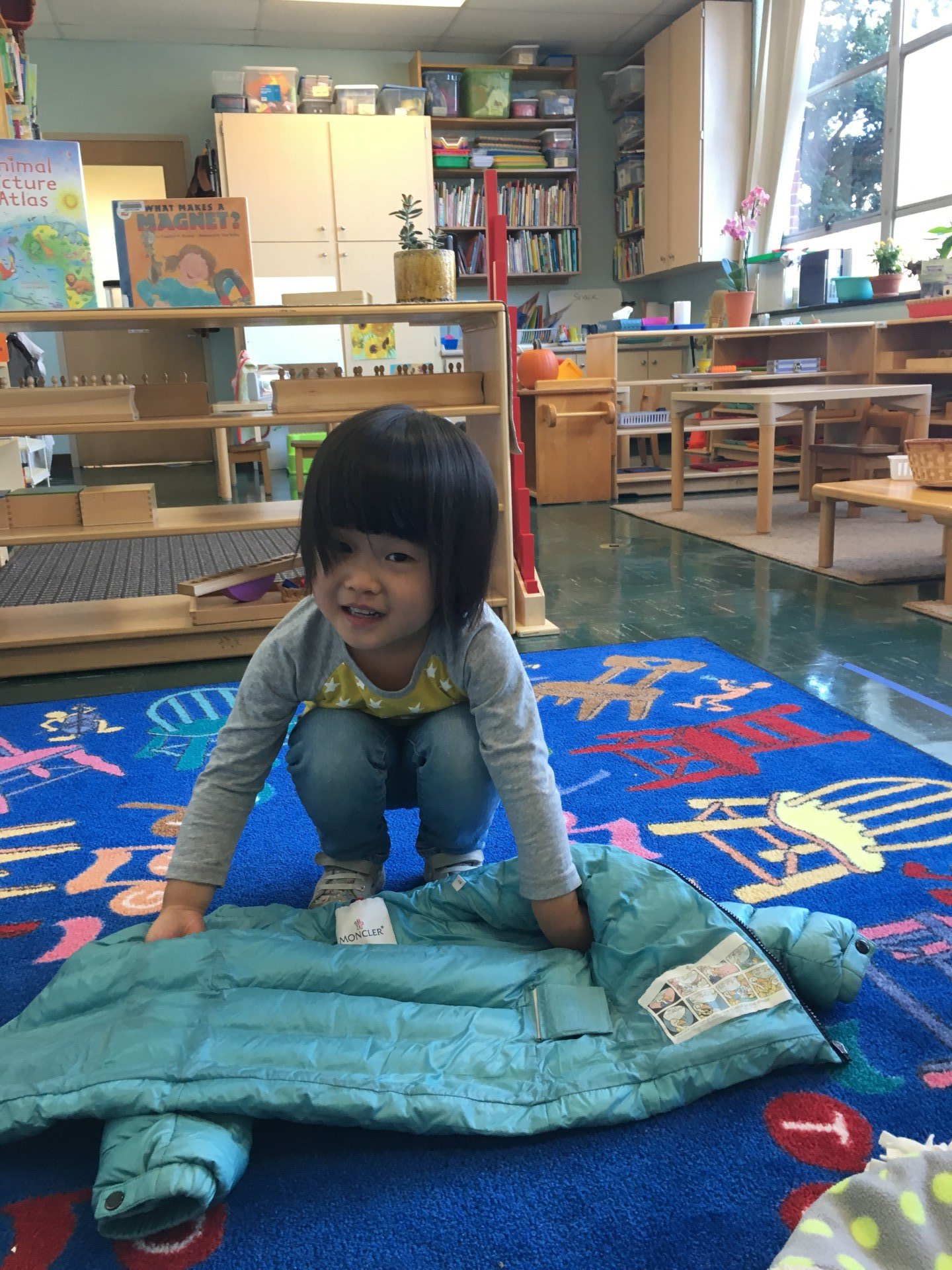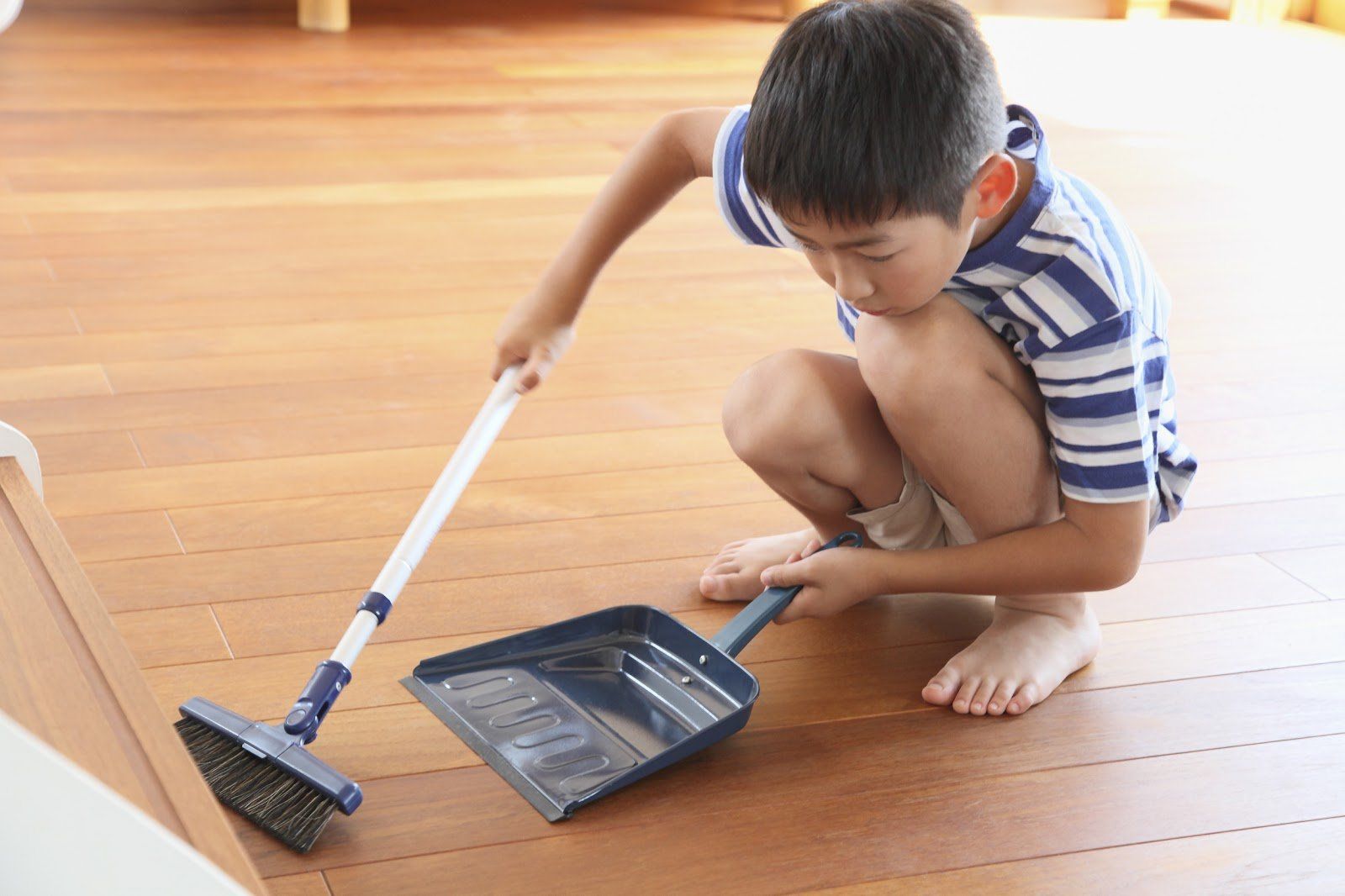Homework: Montessori Style
Activities to do at home that support the learning that happens at school
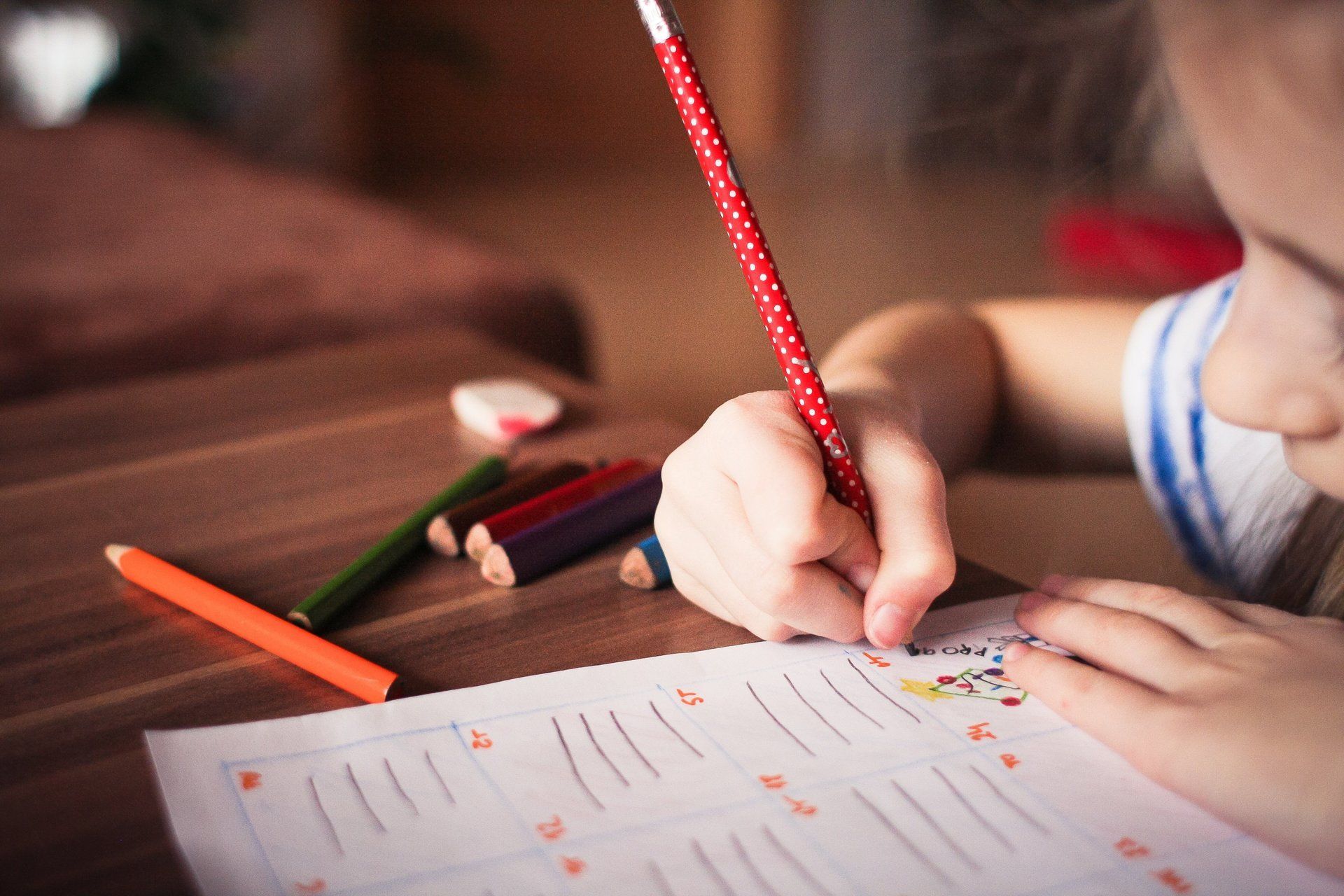
So often in our conversations with parents, Montessori teachers are asked, “What can we do at home to help our child succeed in school?” We’d like to take this opportunity to discuss what “homework” can be done to support what our students are doing in their classrooms.
Our goal is to make homework practices meaningful and effective. As with the work in our classrooms, our desire is that homework is child initiated. However, we also encourage that homework become a collaborative practice among the family based on the interests of the child. One purpose of completing homework that is separate from the task itself is to create productive work habits outside of the classroom. Inside the classroom, the students’ work expectations are rigorous and therefore, homework should not derail the stamina they are building up each day. Children should want to learn from their work, rather than feel burdened by it. Montessori has never advocated for giving an assignment and expecting it back by a certain date. Instead, Montessorians like to see that homework is incorporated into the child’s day at home, rather than be a specific task, squeezed into everyone’s already busy schedule because it “has to get done.”
As a true extension of the work done in the classroom, homework should support the areas of reading, language, math and practical life skills. Please consider the following suggestions and ideas to incorporate into your child’s daily routine as their “homework.” Find the things that excite and motivate your child to learn.
Reading and Language:
- Read together. Take turns being the reader and the listener. Read books, magazines, comics, newspapers, menus, signs….there are unlimited options all around you!
- Visit the library.
- Keep journals or diaries.
- Write letters, postcards, or even just notes to each other or to friends and family.
- Play games with their spelling words. Search for them while you are reading or out in the community. Try playing the Popcorn game with them (ask your OSMS elementary student, they know what the Popcorn game is, and if not, here's a brief explanation: http://alonganderson.blogspot.com/2012/04/popcorn-spelling-game.html
)
- Practice fast facts in all operations, especially addition (up to 20) and multiplication (up to the 10s table). Make up stories about the numbers that are meaningful and interesting to your child. While we encourage them to memorize these facts, try to avoid teaching tricks and short-cuts. Those abstract methods will be addressed later on. Please note that in Montessori classrooms, we teach addition and multiplication before subtraction and division.
- Encourage your child to help out in the kitchen. Reading (or even creating) recipes is a great way to connect language and math as well!
- Practice shoe tying! There are lots of neat tricks and methods that can make this daunting task easier.
- Have your children participate in caring for living things at home, whether it’s your pets, your plants or your outside environment.
- Visit museums and community events.
- Explore volunteer options as a family.
- Participate in sports, or a music or art class.
- Encourage independence whenever at all possible. Tasks may take longer, or need to be done more than once, but in the end, your child is becoming a problem solver and an active learner, which makes them more prepared for the challenges they will face as they grow older.
